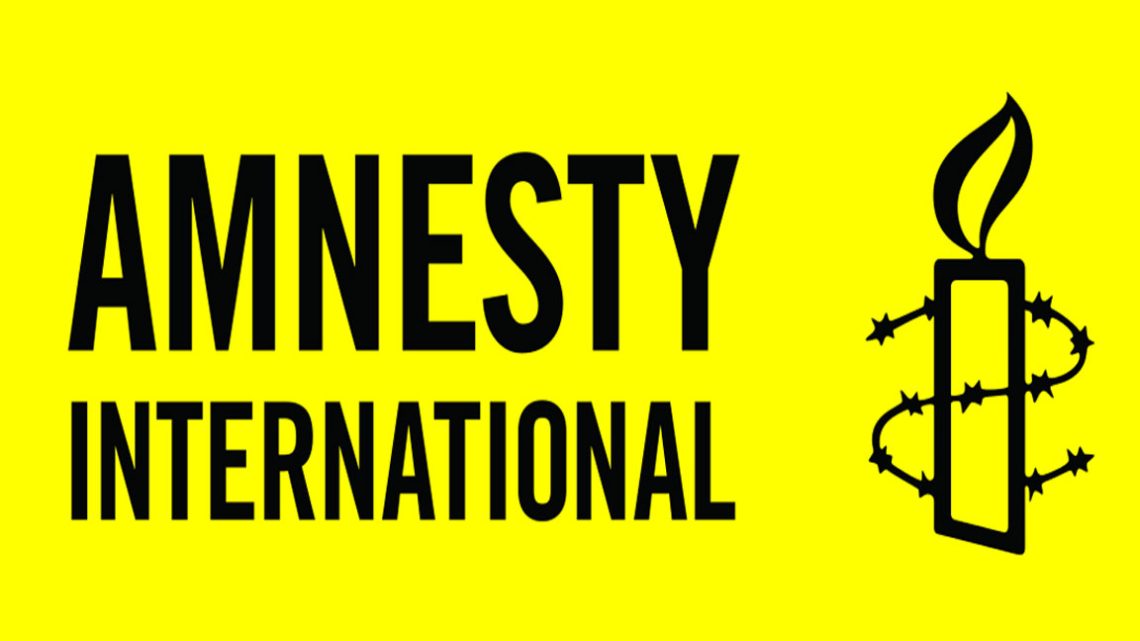
India’s Brutal Disregard for Human Rights in IIOJK: Amnesty Int’l Sounds the Alarm
October 24, 2024Amnesty International’s recent report pulls no punches in condemning India’s dismal human rights record, especially in Indian illegally occupied Jammu and Kashmir (IIOJK). The report, titled “Why should India’s human rights record matter in its bid for a permanent seat on the UN Security Council?” exposes the grim reality facing the region and the country.
The situation in IIOJK is alarming. The Office of the High Commissioner for Human Rights (OHCHR) has repeatedly urged India to uphold its international obligations. Instead of addressing these serious allegations, Indian authorities choose to dismiss them as mere “false narratives.” This blatant refusal to engage reflects a troubling trend.
India has faced scrutiny in two prior OHCHR reports from 2018 and 2019. Both documents called for an end to the oppressive Armed Forces Special Powers Act and the Public Safety Act, along with demands for journalistic freedom. But rather than addressing these recommendations, India’s response has been to label the reports as “motivated narratives” and accuse the OHCHR of endorsing terrorism.
The Indian government’s actions on August 5, 2019, marked a watershed moment. By unilaterally revoking Article 370 of the Constitution, the government stripped Jammu and Kashmir of its autonomy, splitting it into two union territories. This move was a brutal dismissal of decades of resistance to human rights violations and a direct attack on the fundamental freedoms of its people.
India’s track record raises serious doubts about its commitment to human rights. Ongoing crackdowns on civil liberties and reprisals against UN cooperation are deeply concerning. Reports from the UN Secretary-General indicate that intimidation tactics are effectively silencing civil society, preventing meaningful engagement with UN mechanisms.
Since 2019, UN human rights experts have issued around 25 statements expressing grave concerns about India’s practices. Yet, India’s engagement with the UN Human Rights Council (UNHRC) has been marked by a troubling lack of leadership. Critics argue that the nation’s lackluster response to human rights challenges undermines its credibility.
As India vies for a permanent seat on the UNSC, its history as a non-permanent member comes under scrutiny. The UNSC is responsible for maintaining international peace and security, making human rights compliance vital for any candidate. UN High Commissioner for Human Rights Michelle Bachelet has emphasized the necessity of promoting human rights to fulfill the UNSC’s mandate.
India’s participation in the Universal Periodic Review (UPR) has yielded little progress. Recommendations regarding religious minorities and the ratification of the UN Convention against Torture, signed in 1997, remain unaddressed. This inaction speaks volumes about India’s genuine commitment to human rights.
Furthermore, the Indian government has poorly responded to UN Special Procedures, addressing less than a third of over 200 inquiries since 2011. Only two visits by UN experts have been permitted since the Bharatiya Janata Party took power in 2014, leaving 19 requests unanswered.
India’s ratification of only six out of nine core human rights treaties illustrates a troubling pattern of disengagement. The recent review by the Human Rights Committee highlighted persistent discrimination, violence against women, and insufficient protections for marginalized groups.
To be a credible candidate for a permanent UNSC seat, India must show a sincere commitment to human rights standards. The reform of the UNSC should not ignore the performance and accountability of candidate nations regarding human rights. The Amnesty report makes it clear: India’s human rights violations cannot be swept under the rug if it seeks a prominent role on the world stage.

